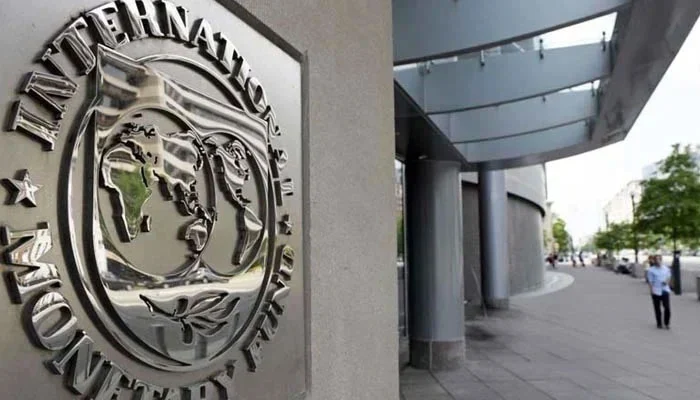Pakistan is still waiting for approval of its $7 billion Extended Fund Facility (EFF) from the International Monetary Fund (IMF), as the country has not been included in the IMF Executive Board’s (EB) meeting schedule up until September 18. Despite reaching a staff-level agreement with the IMF in July, Pakistan’s financial situation remains uncertain without confirmation from the Fund’s board.
According to the latest updates on the IMF’s website, the scheduled executive board meetings for September 9, 13, and 18 will not include the review and approval of Pakistan’s 37-month EFF arrangement, which has been the subject of much anticipation. The 37-month EFF agreement, worth SDR 5,320 million (equivalent to approximately $7 billion), was signed between the Pakistani authorities and the IMF on July 12. However, this agreement remains subject to the approval of the IMF Executive Board, as well as confirmation of key financing assurances from Pakistan’s development partners.
This delay in approval has placed significant pressure on the Pakistani government, which is racing to secure financial commitments from key allies such as China, Saudi Arabia, and the United Arab Emirates (UAE). A key requirement for the IMF’s approval is ensuring these financing assurances are in place. Securing a rollover of approximately $12 billion in loans from these countries has become a priority for Pakistan’s financial planners.
The 37-month Extended Fund Facility (EFF) is a key financial arrangement that Pakistan has been counting on to stabilize its economy and meet its fiscal needs. The EFF is designed to provide economic support and encourage structural reforms in the country, helping it to navigate the complex challenges posed by its growing financial debt, inflation, and declining foreign reserves.
The delay in getting the IMF board’s approval has caused concern within the Pakistani government, as the EFF is seen as essential for boosting investor confidence, improving financial stability, and securing further international aid. Pakistan’s precarious financial position requires urgent measures, and the extended wait for IMF approval exacerbates the uncertainty surrounding the nation’s economy.
The staff-level agreement reached in July was a significant step towards addressing Pakistan’s financial woes, but it was always contingent on the Executive Board’s approval. Without this approval, the funds cannot be disbursed, which leaves Pakistan in a vulnerable position. The upcoming IMF board meetings, scheduled for September 9, 13, and 18, will proceed without taking Pakistan’s EFF arrangement into account, thus prolonging the uncertainty.
To address its immediate financial needs, Pakistan has sought support from some of its key allies. The government has been working to secure the rollover of loans amounting to $12 billion from China, Saudi Arabia, and the UAE. These loans are critical for Pakistan to meet the IMF’s conditions, which require confirmation of external financing assurances before the EFF can be approved.
In addition to the loan rollovers, Pakistan has reportedly requested an additional $1.2 billion loan from Saudi Arabia. This loan is intended to help close a $2 billion financing gap that has become a critical concern for the country’s economic planners. The Pakistani government’s ability to secure these loans and fulfill the IMF’s requirements is crucial to avoiding further economic deterioration.
The financial support from these key allies, along with the IMF’s assistance, will help Pakistan overcome its immediate challenges, including a steep balance of payments crisis, inflationary pressures, and a depreciating currency. However, the delays in securing this support and finalizing the IMF agreement have created significant obstacles for Pakistan’s financial stability.
The delay in the IMF’s approval of the EFF arrangement has far-reaching implications for Pakistan’s economy. The country is facing increasing inflation, a widening fiscal deficit, and declining foreign reserves. Without the IMF’s support, it will become harder for Pakistan to access further international financial assistance, which could lead to worsening economic conditions.




